Public Opinion On Martin Luther King Jr. Day: Celebration Or Cancellation?

Table of Contents
The Enduring Legacy of Martin Luther King Jr. and the Justification for MLK Day
Martin Luther King Jr.'s pivotal role in the Civil Rights Movement is undeniable. His leadership, unwavering commitment to nonviolent resistance, and powerful message of racial equality fundamentally reshaped American society. The legacy of Dr. King extends far beyond the legal victories of the era; his influence continues to inspire movements for social justice globally.
- MLK's pivotal role in the Civil Rights Movement and its lasting impact on American society: The passage of landmark legislation like the Civil Rights Act of 1964 and the Voting Rights Act of 1965 are direct testaments to the power of King's leadership and the movement he spearheaded. These legislative achievements, however, are only one aspect of his profound impact.
- The importance of commemorating his fight for racial equality and social justice: MLK Day serves as a crucial reminder of the ongoing struggle for racial equality and social justice. It is a day to reflect on the progress made and to acknowledge the work that still needs to be done.
- The continued relevance of King's message of nonviolent resistance in contemporary society: King's philosophy of nonviolent resistance remains profoundly relevant in addressing social injustice today. His methods provide a powerful example of how to fight for change without resorting to violence.
- The day as a symbol of hope and progress towards a more just and equitable nation: MLK Day symbolizes hope and the ongoing pursuit of a more perfect union, a nation where all individuals are treated with dignity and respect, regardless of race.
- The educational value of MLK Day for future generations: The holiday provides an invaluable opportunity to educate future generations about the Civil Rights Movement, King's philosophy, and the ongoing fight for equality. This education is critical for fostering empathy and understanding.
Criticisms and Challenges to the Celebration of MLK Day
Despite the widespread celebration, MLK Day faces significant criticisms. Some argue that the holiday is a symbolic gesture that fails to adequately address the systemic racism and racial inequality that persist in American society.
- Arguments that the holiday is insufficient to address ongoing systemic racism and racial inequality: Critics point to the continued disparities in areas such as education, housing, employment, and the criminal justice system as evidence of the holiday's limitations.
- Criticisms that the celebration falls short of the actual progress made towards racial justice: While progress has undoubtedly been made since the Civil Rights era, critics argue that the progress has been too slow and uneven, leaving many communities marginalized.
- Concerns about the commercialization of the holiday, potentially overshadowing its true meaning: The commercialization of MLK Day, with sales and promotions often overshadowing its historical significance, is a concern for many.
- Debates about the effectiveness of the holiday in fostering genuine social change: Some question whether a single day of commemoration is sufficient to foster meaningful and lasting social change.
- Discussions surrounding the potential for alternative approaches to commemorating MLK's life and work: The debate also includes discussions on alternative ways to honor Dr. King’s legacy beyond a single day, such as continuous community engagement and educational initiatives throughout the year.
The Role of Education and Community Engagement on MLK Day
Meaningful engagement on MLK Day is crucial. It should extend beyond simple remembrance to encompass active participation in initiatives that promote racial understanding and social justice.
- The importance of utilizing MLK Day for educational programs and community initiatives: Schools, community organizations, and individuals can organize educational programs, workshops, and community service projects.
- Examples of successful community service projects and volunteer efforts associated with MLK Day: Many communities organize volunteer projects focused on addressing local needs, such as food drives, clothing drives, and environmental cleanup efforts.
- The impact of these initiatives on promoting racial understanding and social justice: Engaging in community service on MLK Day creates opportunities for people of different backgrounds to work together, fostering understanding and empathy.
- The role of schools and organizations in promoting meaningful engagement on MLK Day: Schools and organizations play a key role in organizing and promoting meaningful MLK Day events that encourage active participation.
Public Opinion Polls and Data Regarding MLK Day
While comprehensive, nationally representative data on public opinion regarding the celebration or cancellation of MLK Day may be limited, anecdotal evidence and news reports suggest a mixed public sentiment. Further research into specific public opinion surveys focusing directly on this question is needed to fully understand public attitudes.
- Analysis of recent public opinion polls regarding attitudes towards MLK Day: Existing polling data on related topics, such as support for civil rights and racial equality, can offer insights into broader public attitudes.
- Presentation of statistical data illustrating levels of support and opposition: This would require access to relevant poll data to present concrete numbers.
- Interpretation of the findings and their implications for the future of the holiday: Analysis of the data would aim to understand the factors influencing public opinion and what this means for the future of MLK Day.
- Discussion of any regional or demographic variations in public opinion: It is likely that views on MLK Day vary across different regions and demographic groups within the country.
Conclusion
This exploration of public opinion surrounding Martin Luther King Jr. Day reveals a complex picture. While the holiday's significance in commemorating a pivotal figure in American history is undeniable, the ongoing struggle for racial justice highlights the need for continued critical reflection and action. The debate underscores the importance of meaningful engagement – through education, community service, and ongoing dialogue – to ensure that the legacy of Dr. King truly inspires lasting change. The future of Martin Luther King Jr. Day rests on our collective commitment to translating remembrance into meaningful action.
Call to Action: Let's continue the conversation about the significance of Martin Luther King Jr. Day. How can we ensure that this important holiday remains a powerful catalyst for promoting racial equality and social justice? Share your thoughts and contribute to the ongoing debate surrounding this vital commemoration. #MLKDay #CivilRights #SocialJustice #PublicOpinion

Featured Posts
-
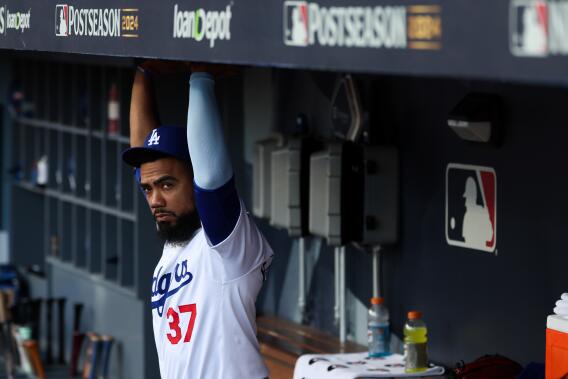 Dodgers Hope Conforto Mirrors Hernandezs Impact
May 18, 2025
Dodgers Hope Conforto Mirrors Hernandezs Impact
May 18, 2025 -
 Russia Hands Down 13 Year Prison Term To Australian Ukraine Fighter
May 18, 2025
Russia Hands Down 13 Year Prison Term To Australian Ukraine Fighter
May 18, 2025 -
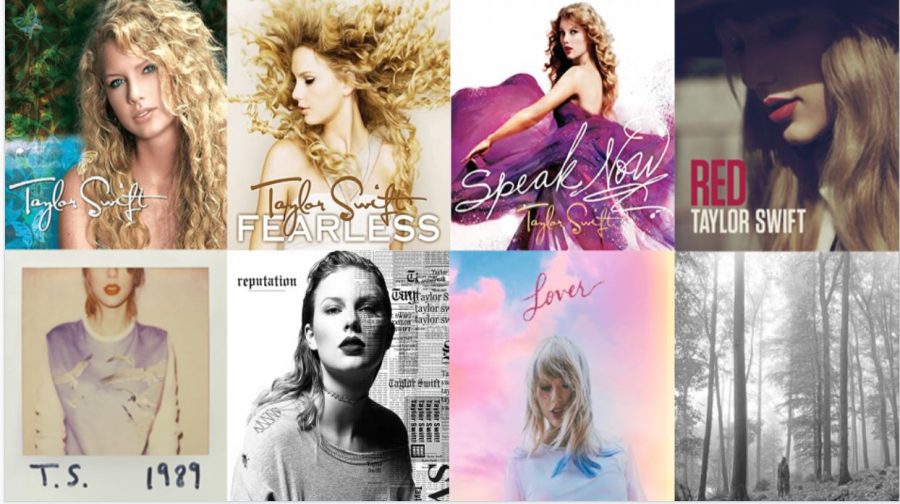 The Ultimate Taylor Swift Album Ranking From Worst To Best
May 18, 2025
The Ultimate Taylor Swift Album Ranking From Worst To Best
May 18, 2025 -
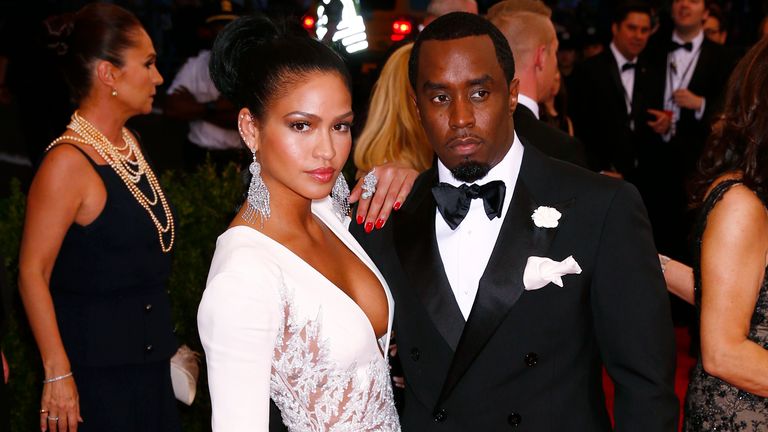 Diddy Assault Accusations Cassies Response And Happy Announcement
May 18, 2025
Diddy Assault Accusations Cassies Response And Happy Announcement
May 18, 2025 -
 Damiano David Joins Stellar Bilbao Bbk Live 2025 Lineup With Sparks And Kaytranada
May 18, 2025
Damiano David Joins Stellar Bilbao Bbk Live 2025 Lineup With Sparks And Kaytranada
May 18, 2025
Latest Posts
-
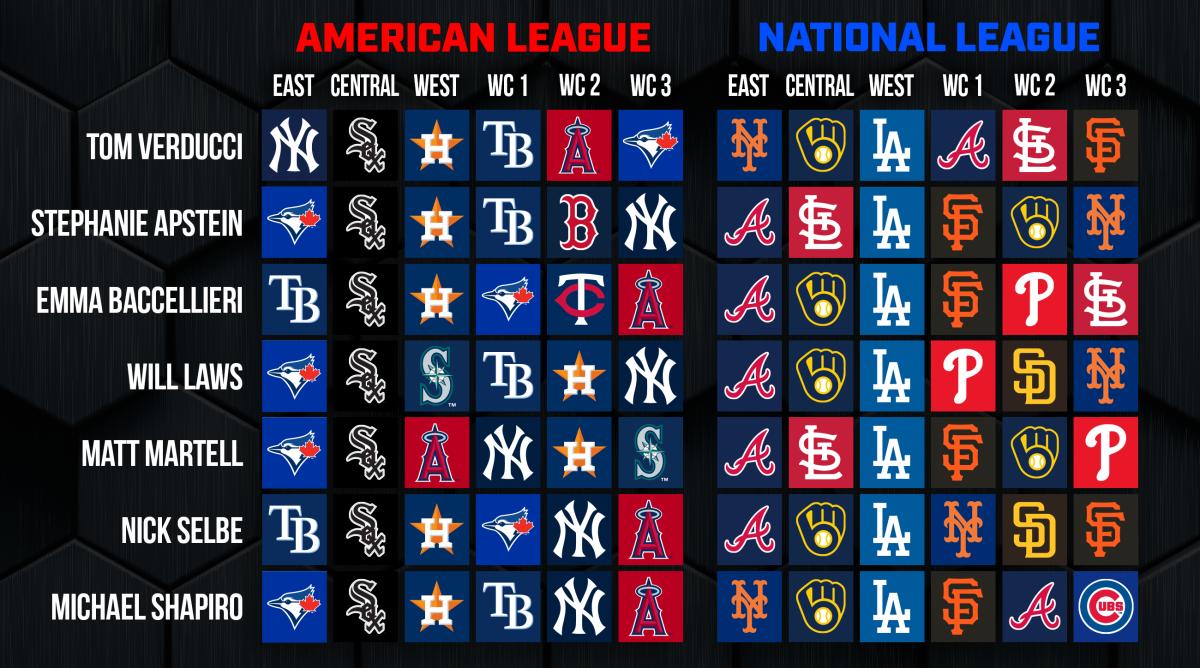 Todays Mlb Home Run Props Expert Predictions And Odds May 8th
May 18, 2025
Todays Mlb Home Run Props Expert Predictions And Odds May 8th
May 18, 2025 -
 Mlb Home Run Prop Bets For May 8th Schwarber And More
May 18, 2025
Mlb Home Run Prop Bets For May 8th Schwarber And More
May 18, 2025 -
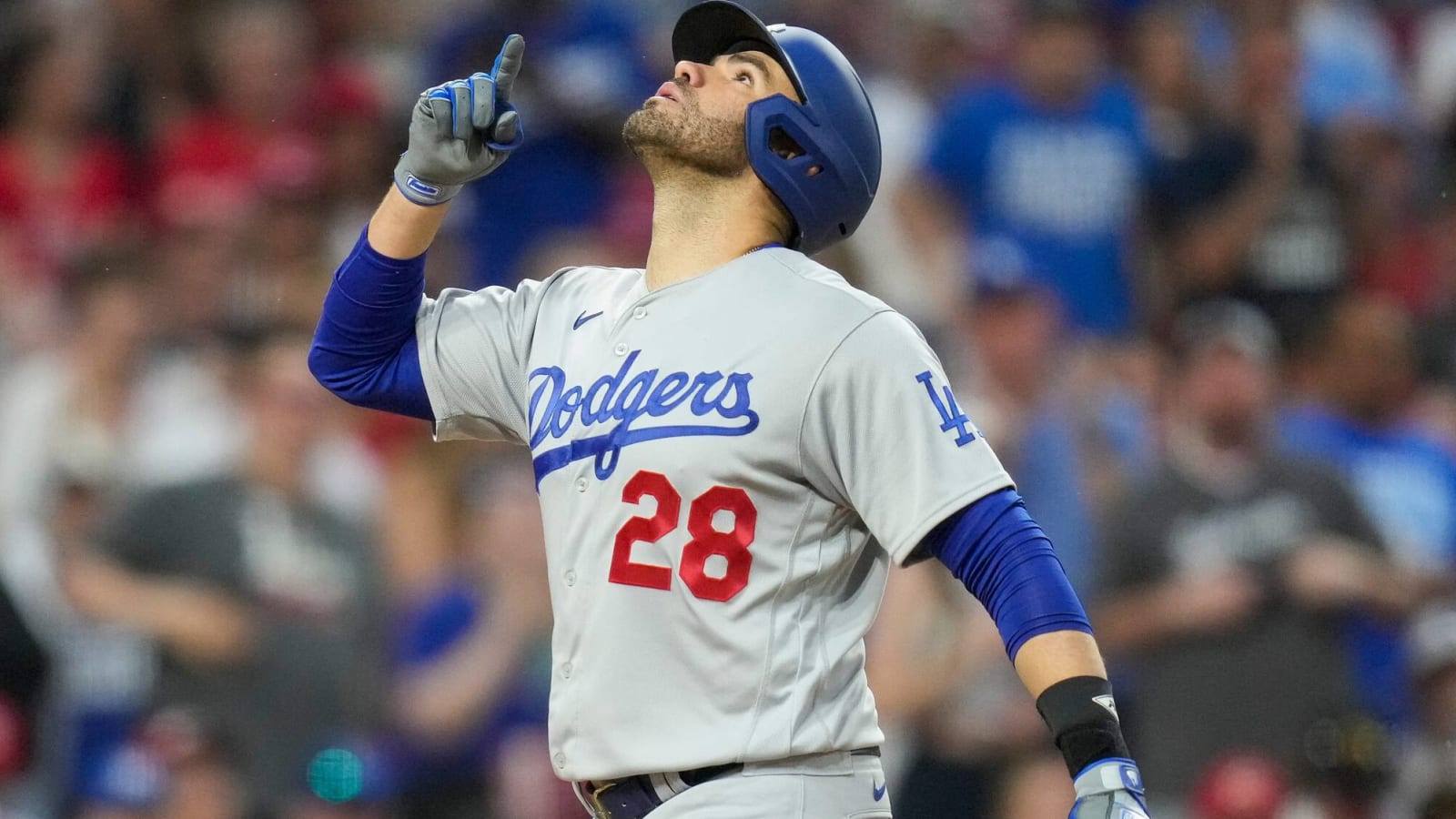 Mlb Home Run Props Best Picks And Odds For May 8th Can You Stump Schwarber
May 18, 2025
Mlb Home Run Props Best Picks And Odds For May 8th Can You Stump Schwarber
May 18, 2025 -
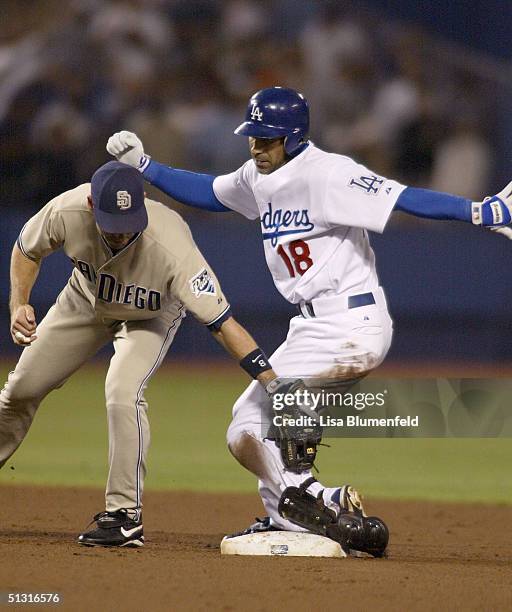 Will Confortos Dodger Career Follow Hernandezs Trajectory
May 18, 2025
Will Confortos Dodger Career Follow Hernandezs Trajectory
May 18, 2025 -
 Tigers Riley Greene First Player To Hit Two Home Runs In A Single Ninth Inning
May 18, 2025
Tigers Riley Greene First Player To Hit Two Home Runs In A Single Ninth Inning
May 18, 2025
